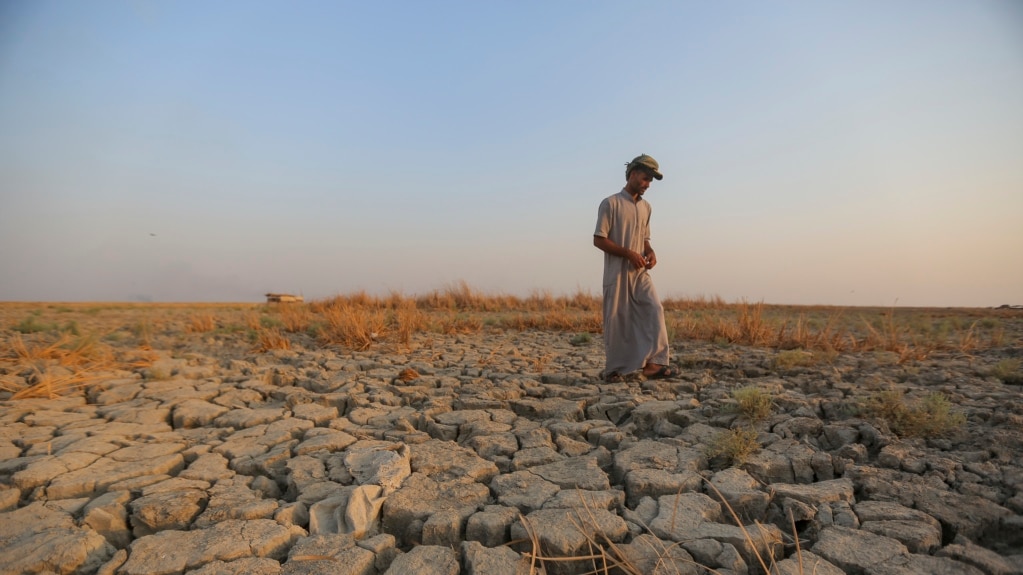Three recent reports say the world is failing in its fight to slow climate change.
The medical publication The Lancet released its yearly report called The Countdown. The study measures human health in connection with climate change. The 2023 report says more people are dying due to heat waves than in the past. It says the numbers will rise sharply as temperatures continue to rise.
Researchers also released another report called State of Climate Action. Several groups took part in producing the report including the World Resources Institute, Climate Action Tracker, and the Bezos Earth Fund. The report says the world is failing in 41 of 42 important climate measurements. It said six indicators show the world is heading the wrong way – noting the way some governments are still helping fund the use of fossil fuels.
And the U.S. government recently produced a 2,200 page National Climate Assessment that looked at how warming is harming America.
The Lancet’s report noted that deaths due to heat among people 65 or older were 85 percent higher in the last 10 years than from 1991 to 2000. There were 23,200 heat deaths of older people in 2022, the report found.
A computer program showed that the numbers would be much lower if the Earth had not warmed to its current levels.
“We are already seeing climate change claiming lives and livelihoods in every part of the world,” said Countdown chief, Marina Romanello. But, the effects reported today could be, in her words, “an early symptom of a very dangerous future.”
Romanello said that people also are increasingly reporting hunger because of drought and heat waves.
Dr. Jonathan Patz is the former director of the Global Health Institute at the University of Wisconsin and was not part of the study. He praised the study as the most thorough yearly scientific examination of climate change and health. Patz called its findings “stark.”
Paul Elkins is an economics professor at University College of London. He worked on The Lancet report. He said the harms produced by the fossil fuel industry are “extremely relevant.” He said its pollution is “killing people and making them ill.”
The report also directly criticizes banks that loan money to the industry. It compared the fossil fuel business to the tobacco industry.
The Countdown names 68 countries that it says gave more than $300 billion combined in assistance to companies that produced fossil fuels in 2020.
The State of Climate Action report also discusses such financial support. It described the business aid as one of six main signs that the world is going in the wrong direction on climate change.
Joe Thwaites is an expert with the Natural Resources Defense Council and one of the writers of the State of Climate Action. Thwaites said fossil fuel industry aid “reached an all-time high last year, over $1 trillion, driven by the war in Ukraine and the resulting energy price spikes.”
Kelly Levin is with the Bezos Earth Fund. She said the financial aid for fossil fuels is an indicator that recently changed. That means, until recently, there was less financial aid available to pay for fossil fuels.
The State of Climate Action report noted five other areas where the world’s progress has reversed: the high energy cost of making steel, the fuel efficiency of passenger cars, the sale of electric buses, the loss of mangrove forests and the amount of food waste.
The only improving measurement is that sales of electric vehicles are rising around the world.
Levin said the time for “tinkering” is over and instead asked for “radical decarbonization.”
Levin’s report went on to show all of the many changes that are needed to prevent a global temperature rise that many nations agreed to in Paris in 2015.
Justin Mankin is a climate scientist at Dartmouth College who was not involved in the reports. He said the first step in making changes should be “low-hanging fruit.” That means countries should work together to make the easiest changes. He noted, however, that the reports show “we’re really struggling to pick the low-hanging fruit.”
I’m Dan Friedell.

